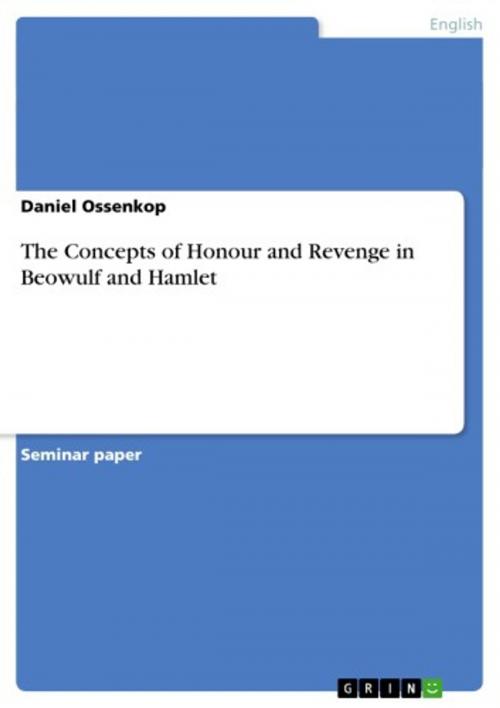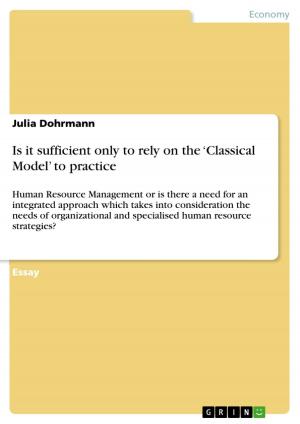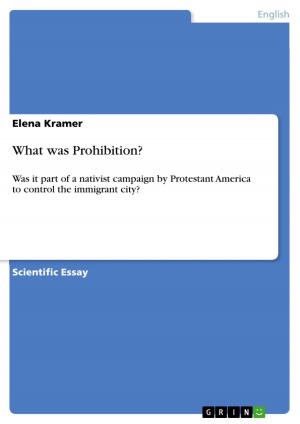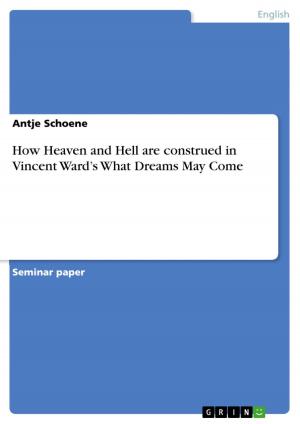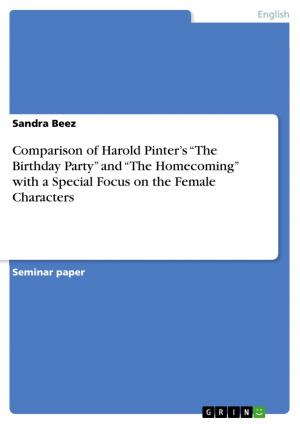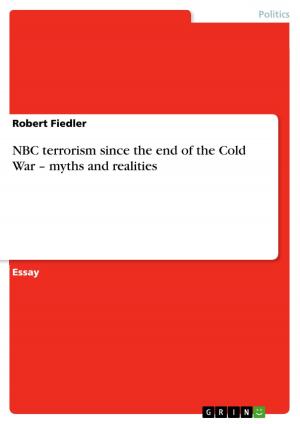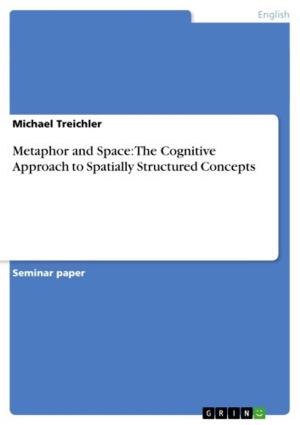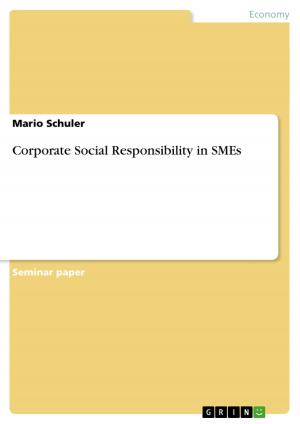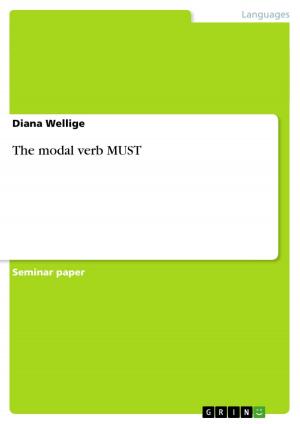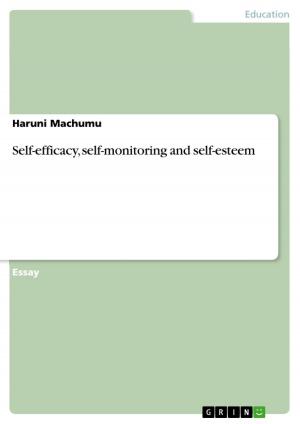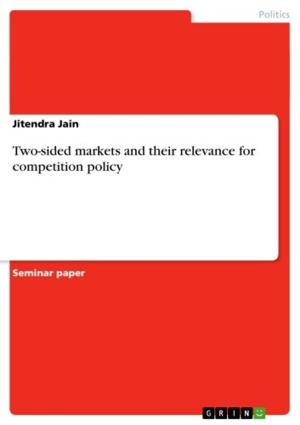The Concepts of Honour and Revenge in Beowulf and Hamlet
Fiction & Literature, Literary Theory & Criticism, British| Author: | Daniel Ossenkop | ISBN: | 9783640928682 |
| Publisher: | GRIN Publishing | Publication: | May 31, 2011 |
| Imprint: | GRIN Publishing | Language: | English |
| Author: | Daniel Ossenkop |
| ISBN: | 9783640928682 |
| Publisher: | GRIN Publishing |
| Publication: | May 31, 2011 |
| Imprint: | GRIN Publishing |
| Language: | English |
Seminar paper from the year 2011 in the subject English Language and Literature Studies - Literature, grade: 2.7, Technical University of Braunschweig (Englisches Seminar), course: Survey Course: British Literature I, language: English, abstract: ''Beowulf'' and ''Hamlet'' are probably two of the best-known works in British literature. Both deal with themes that are in many aspects interesting and fascinating to us modern human-beings. They are stories about royalty, heroism, honor, love, glory, hate and revenge. Ingredients that are even today essentially for every movie which is supposed to bring in money. But during the bygone ages ''Beowulf' and ''Hamlet' take place in, making money was not the only goal. The authors wanted to deliver certain messages to the audience. In this work I will concentrate on the concepts of honor and revenge in both texts. What is considered as honorable? Which behaviour is typical for a coward? How important is revenge and how can it be achieved? And, most important, how does these concepts differ if you take a closer look on ''Beowulf'' and ''Hamlet''? What are the differences between the ages? To answer this questions it will be important to compare the main characters, as there are Beowulf and Hamlet. Both of them are confronted with situations in which decisions have to be made. Decisions on how to act, on how to react to different events and threats in their lives. By watching the characters, it should be possible to point out differences and similarities between them. I suspect that there are quite a lot of differences, because ''Hamlet'' several hundred years younger than ''Beowulf''. Therefore some concepts (e.g. that of revenge) may have changed during the time. At first I will do a critical assessment on the sources I used for this paper. I think this is very important, because over the years a lot of different varieties of both texts were published. The second step will be to analyse them in order to gather information about the plot as well as the characters and their behaviour. At that point I used also some secondary literature and essays which you can find in the bibliography at the end. By doing so it should be possible to draw a sufficient conclusion and to answer the questions stated above.
Seminar paper from the year 2011 in the subject English Language and Literature Studies - Literature, grade: 2.7, Technical University of Braunschweig (Englisches Seminar), course: Survey Course: British Literature I, language: English, abstract: ''Beowulf'' and ''Hamlet'' are probably two of the best-known works in British literature. Both deal with themes that are in many aspects interesting and fascinating to us modern human-beings. They are stories about royalty, heroism, honor, love, glory, hate and revenge. Ingredients that are even today essentially for every movie which is supposed to bring in money. But during the bygone ages ''Beowulf' and ''Hamlet' take place in, making money was not the only goal. The authors wanted to deliver certain messages to the audience. In this work I will concentrate on the concepts of honor and revenge in both texts. What is considered as honorable? Which behaviour is typical for a coward? How important is revenge and how can it be achieved? And, most important, how does these concepts differ if you take a closer look on ''Beowulf'' and ''Hamlet''? What are the differences between the ages? To answer this questions it will be important to compare the main characters, as there are Beowulf and Hamlet. Both of them are confronted with situations in which decisions have to be made. Decisions on how to act, on how to react to different events and threats in their lives. By watching the characters, it should be possible to point out differences and similarities between them. I suspect that there are quite a lot of differences, because ''Hamlet'' several hundred years younger than ''Beowulf''. Therefore some concepts (e.g. that of revenge) may have changed during the time. At first I will do a critical assessment on the sources I used for this paper. I think this is very important, because over the years a lot of different varieties of both texts were published. The second step will be to analyse them in order to gather information about the plot as well as the characters and their behaviour. At that point I used also some secondary literature and essays which you can find in the bibliography at the end. By doing so it should be possible to draw a sufficient conclusion and to answer the questions stated above.
